President Trump unveils new immigration plan
The plan prioritizes high-skilled workers and modernizes ports of entry.
President Donald Trump announced a new immigration plan in a speech Thursday afternoon, the latest attempt by the administration to follow through on a campaign promise to overhaul America's immigration system.
"We are proposing an immigration plan that puts the jobs, wages and safety of American workers first," President Trump said. "Our proposal is pro-America, pro-immigrant and pro-worker. It's just common sense."
Trump said his immigration plan "stops illegal immigration and fully secures the border" and "establishes a new legal immigration system that protects American wages, promotes American values and attracts the best and brightest from all around the world."
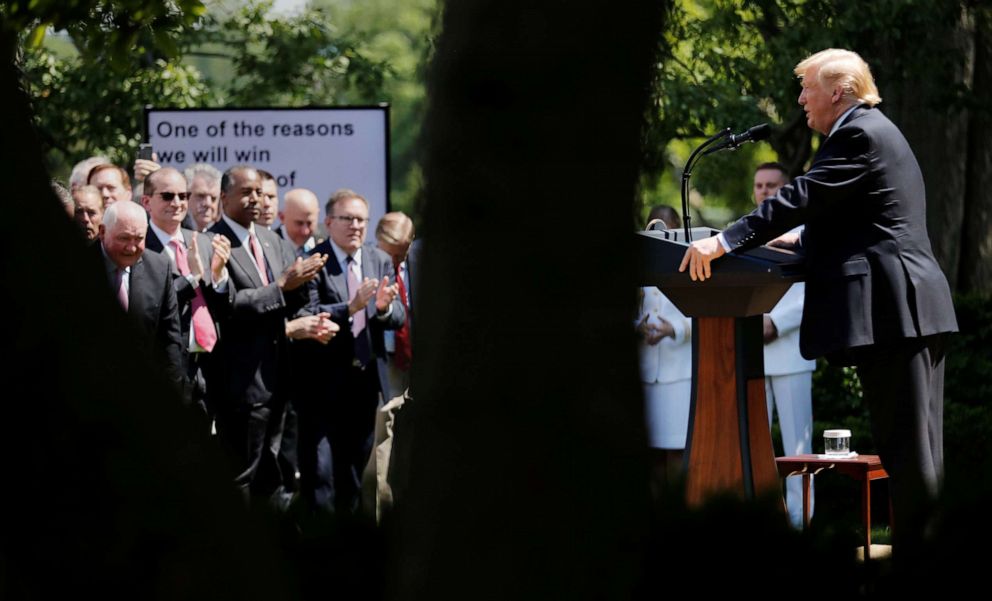
In his calls for merit-based immigration reform, the president said "Random selection is contrary to American values and blocks out many qualified potential immigrants from around the world... we discriminate against brilliance. We won't anymore once we get this passed."
The proposal will likely face pushback from congressional Democrats who have said the administration's concept of "merit" as a means of determining worthiness to immigrate to the U.S. is "condescending." House Speaker Nancy Pelosi on Thursday condemned the White House's focus on a "merit" system while stressing that any approach must be comprehensive, and include a path to citizenship.
“I want to just say something about the word that they use ‘merit.’ It is really a condescending word,” Pelosi said. “Are they saying family is without merit? Are they saying most of the people who have ever come to the United States in the history of our country are without merit because they don’t have an engineering degree? Certainly, we want to attract the best to our country and that includes many people from many parts of society.”
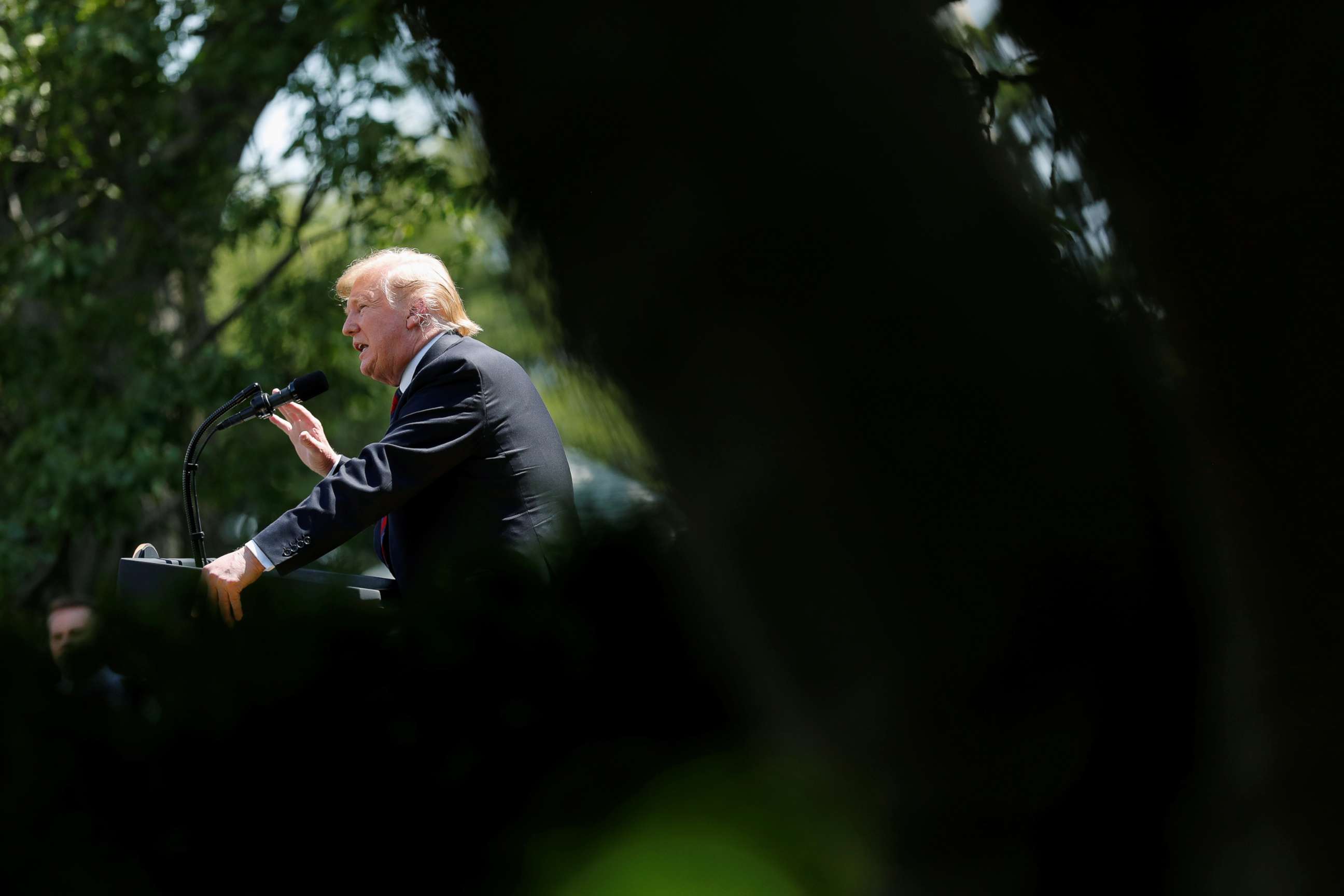
A senior administration official told reporters on Wednesday that the proposal, which is being pitched to lawmakers on Capitol Hill, is aimed at allowing more high-skilled workers entry into the United States and modernizing ports of entry. But while the plan does try to curb illegal immigration by building more wall and modernizing ports of entry, it does not tackle the issue of undocumented immigrants already in the United States.
"I don't think most countries are giving us their finest. Do you agree? And that's what's happening and it's causing tremendous problems with crimes," the president said on Capitol Hill at the Annual National Peace Officers' Memorial Service on Wednesday. The president went on to claim that the influx of undocumented immigrants has caused a spike in crime, recent studies have shown no link between communities with increased undocumented immigrant populations and crime.
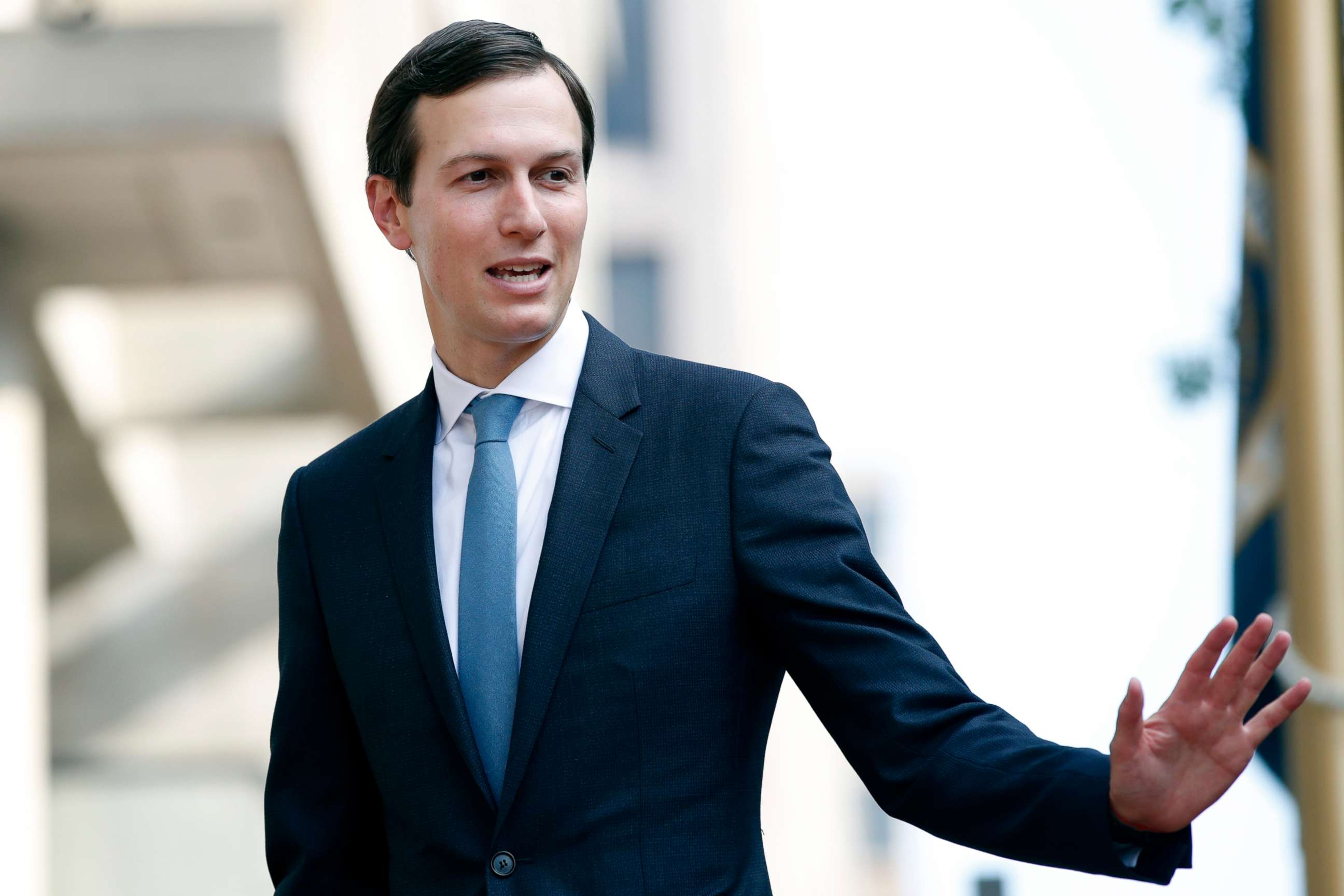
The official, who spoke on the condition of anonymity, said the plan has six main goals: "to fully secure the border," "protect American wages," "attract and retain the best and brightest," "unify families," "get labor in critical industries," and finally to "preserve our humanitarian values as a country."
The "Trump Immigration Plan," as described by officials, would prioritize visas for applicants with extraordinary talent, professional and specialized vocations, and exceptional students.
Legal immigration numbers would remain the same with 1.1 million green cards, according to the official, who said the administration studied merit-based systems in countries like Canada, Australia, New Zealand, Japan and Singapore. Using points, the plan would change the makeup of American migrants – although the administration said, without evidence, it would increase overall diversity.
In 2017, over 1 million lawful permanent residents are admitted to the United States, with almost two-thirds gaining entry through family-based migration and less than 10 percent gaining entry via their employment.
It does not discuss what to do with temporary workers and it does not handle finding a pathway to citizenship for the so-called "DREAMers" or those temporarily covered by Deferred Action for Childhood Arrivals, DACA, an ongoing priority for Democrats and swing-state Republicans.
On Tuesday, the president's son in law and architect of the plan Jared Kushner presented the framework at the Senate Policy Luncheon. It was met by some skepticism and confusion on Capitol Hill, although a senior administration official described the feedback and response as "fabulous."
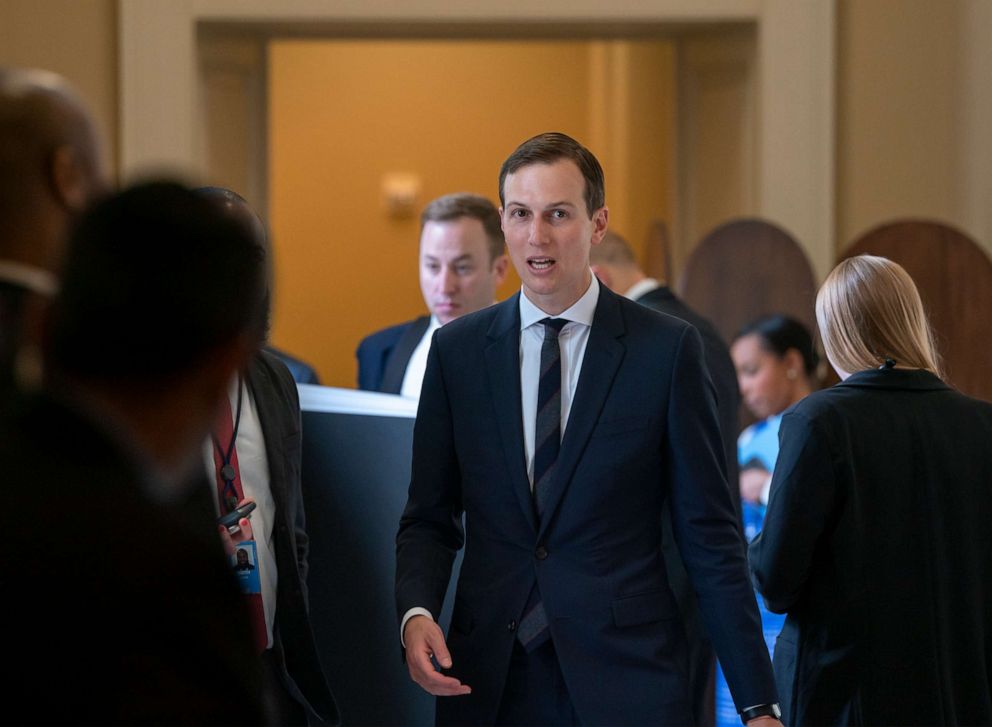
"I am concerned about the fate of the DACA young people, and they cannot be excluded from any immigration package," Sen. Susan Collins, R-Maine, said following Kushner's meeting.
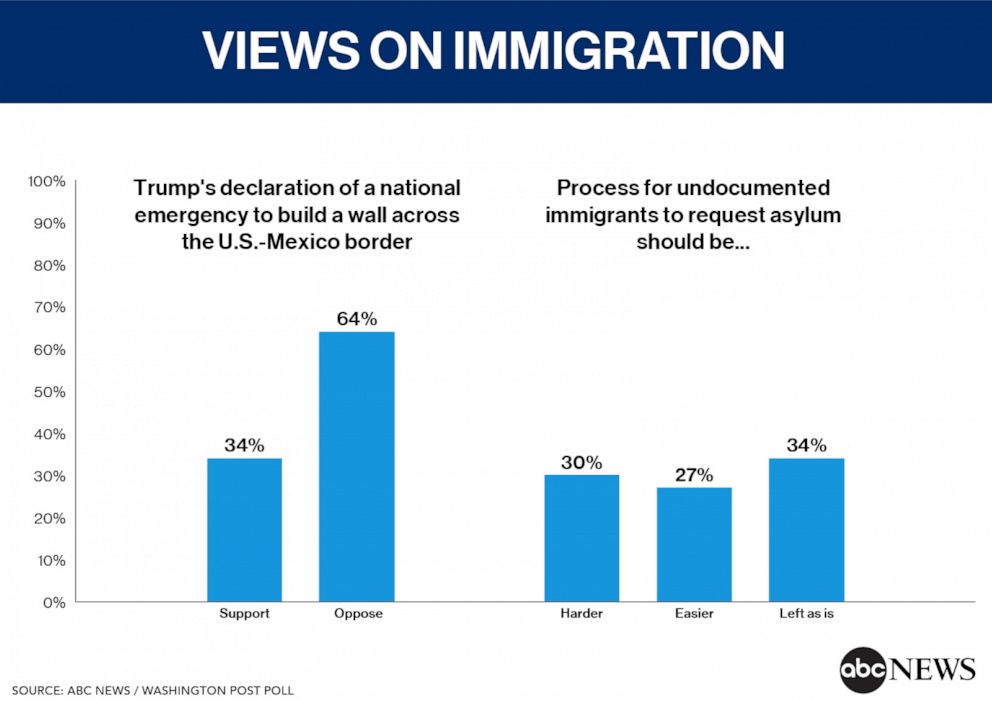
A senior administration official said the main goal of the immigration policy rollout is to lay out the president's priorities and try to gain Republican consensus.
"One of my favorite quotes is in Alice in Wonderland, where the Cheshire Cat says ‘if you don't know where you're going it doesn't matter which path you take' I think often in Washington people try to jump into debates without having a defined thoughtful proposal of what they think is achievable," a senior administration official said. "What we tried to do is pick the places where we can unite. And the president's trying to lead on that."
ABC News' Trish Turner contributed reporting from Capitol Hill.




